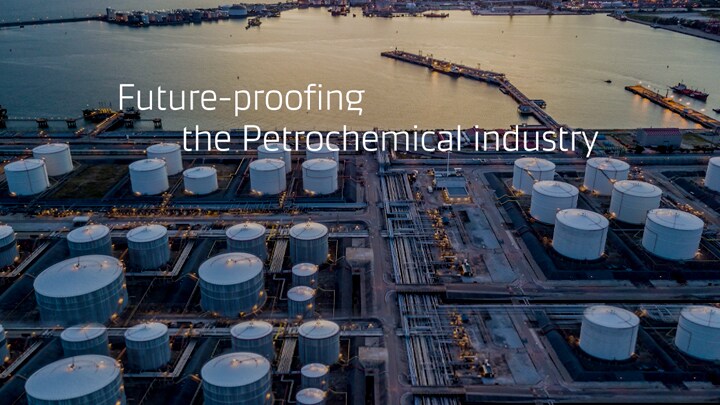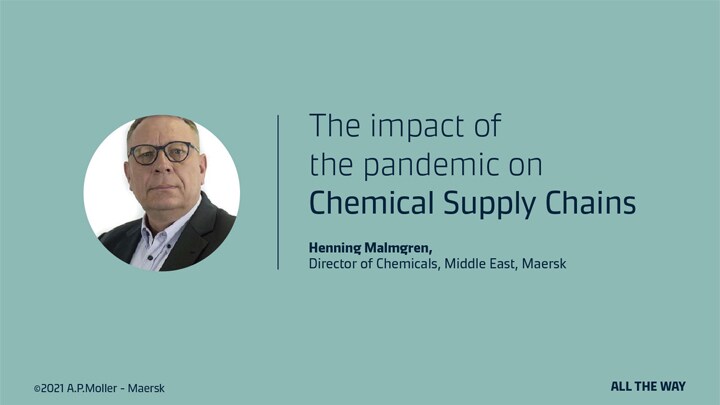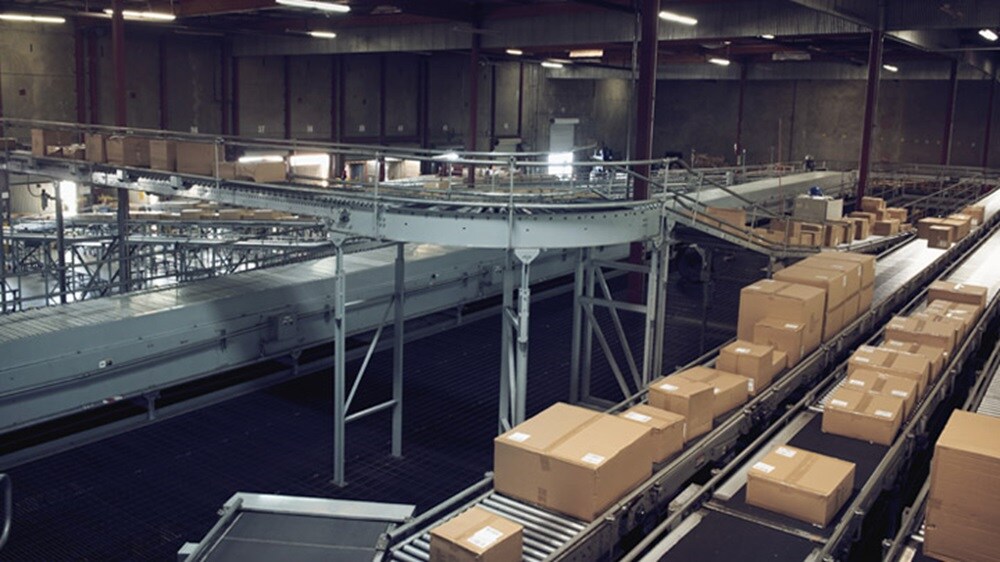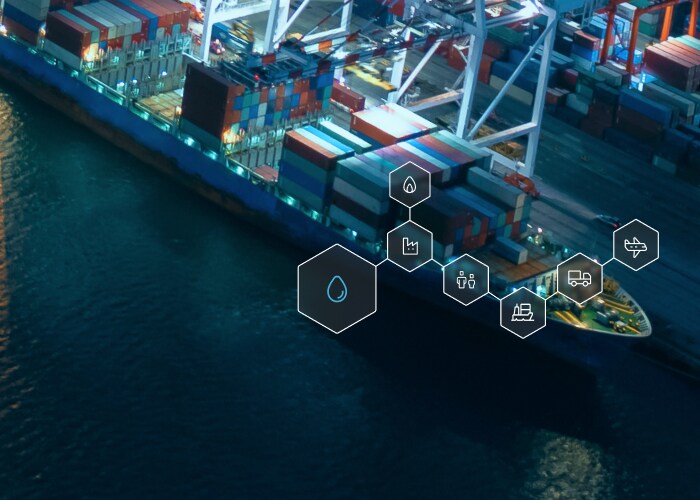
Наладьте логистику перевозок химикатов, чтобы обеспечить неизменно высокие результаты
Выбирайте комплексные логистические услуги для гибкого, устойчивого и безопасного перемещения химических грузов.
Procurement’s impact on chemical GHG emissions
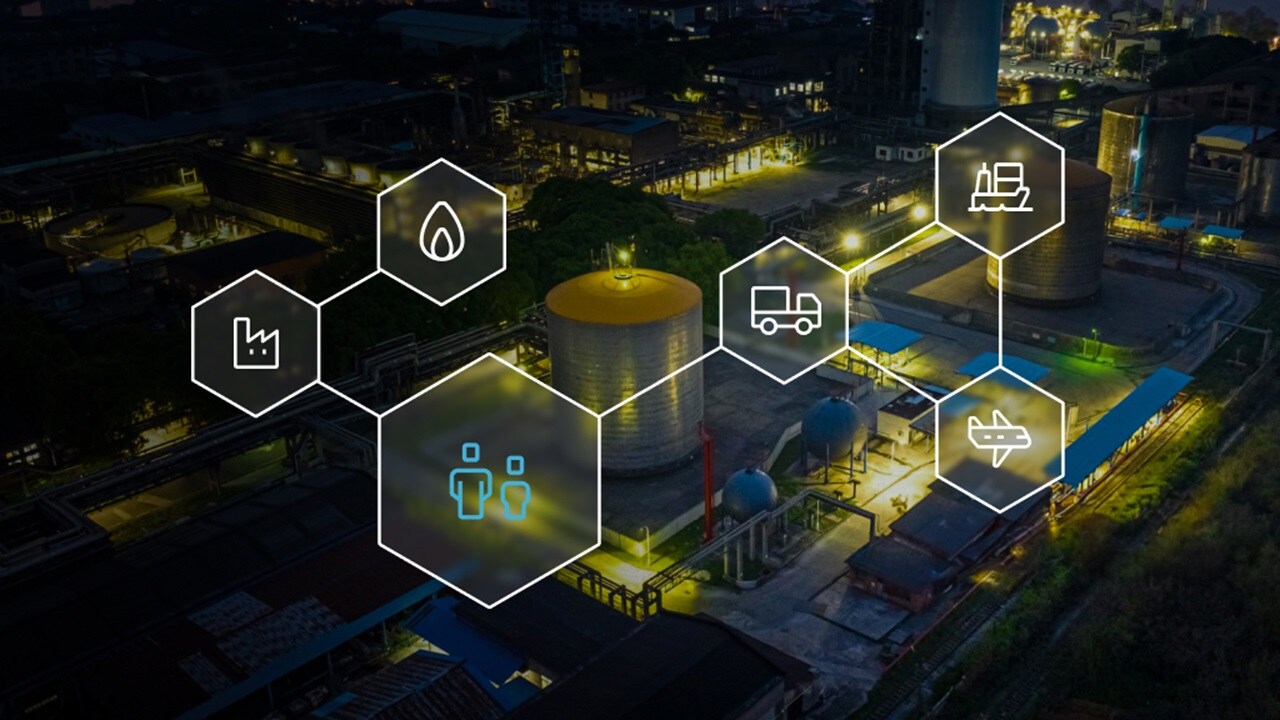
Forging alliances to combat GHG emissions together
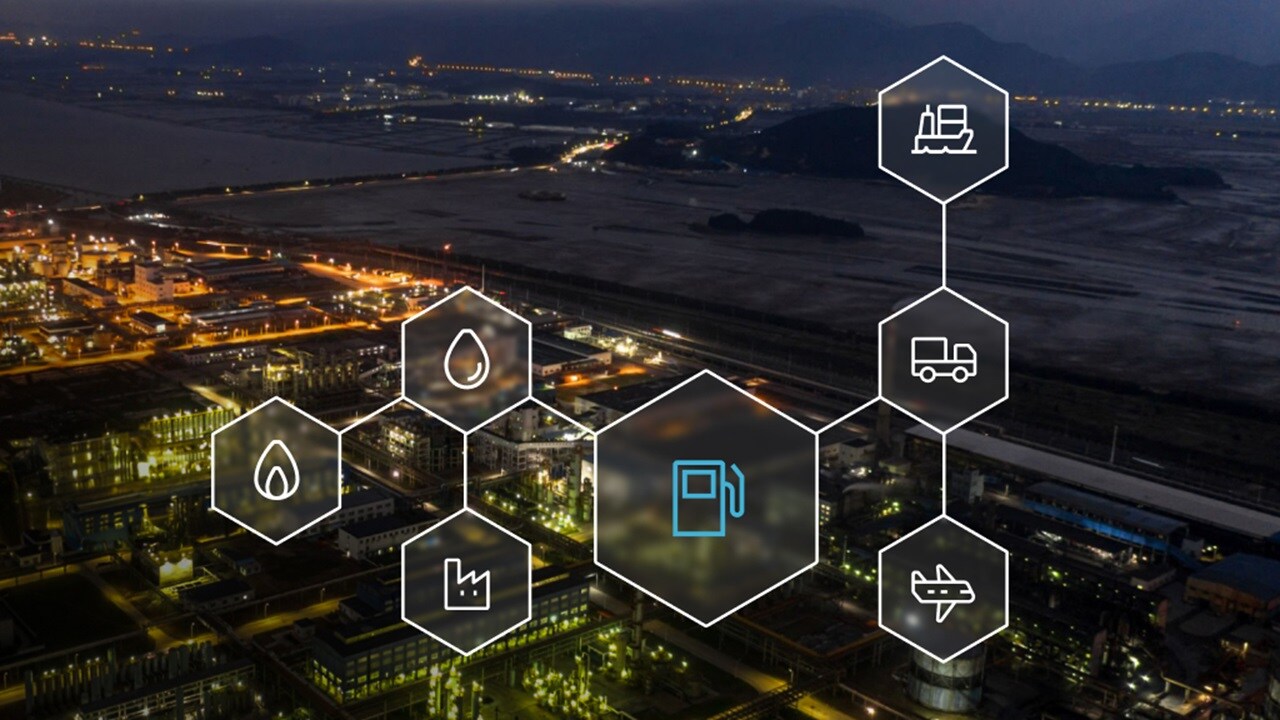
Reduce your greenhouse gas emissions impact with logistics solutions
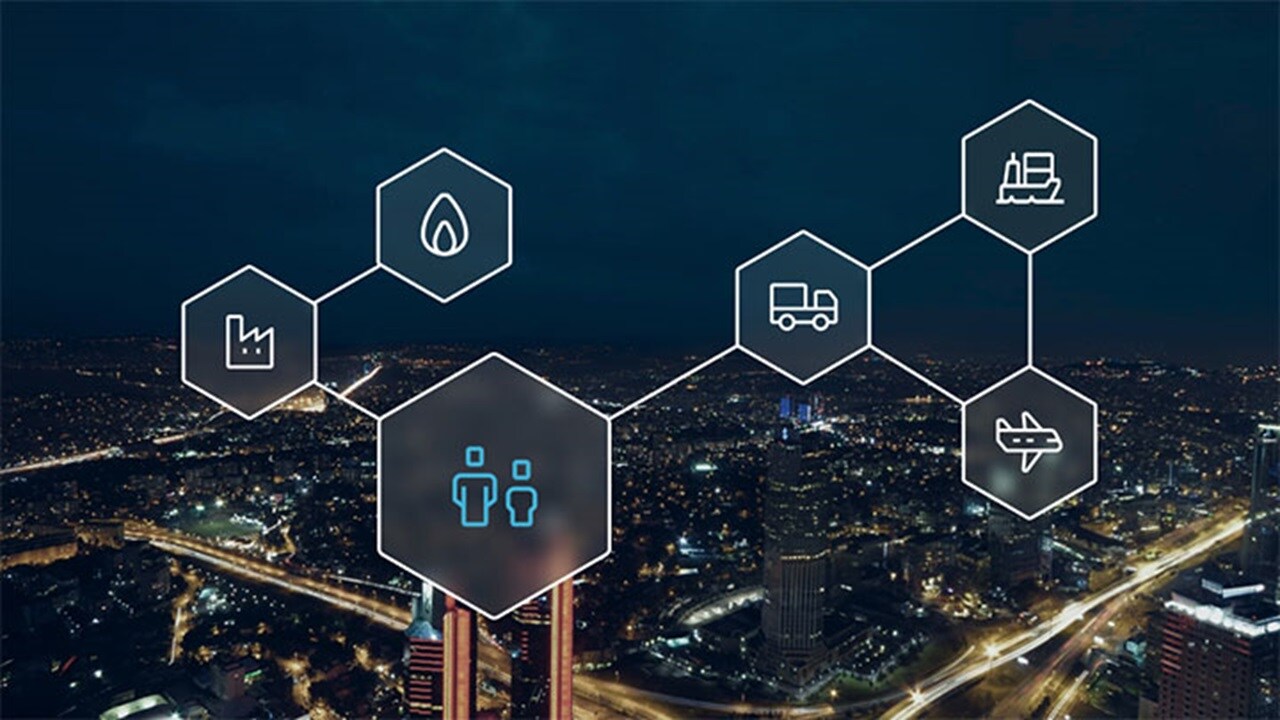
Why cutting greenhouse gas emissions is good for business
Some leading chemical companies have realised that investments in decarbonisation measures can actually generate savings. However, a recent survey of over 500 chemical companies, conducted by FT Longitude and Maersk, reveals that only 20% of these businesses are aware of the fiscal benefits of reducing greenhouse gas emissions. Our article reveals more facts.
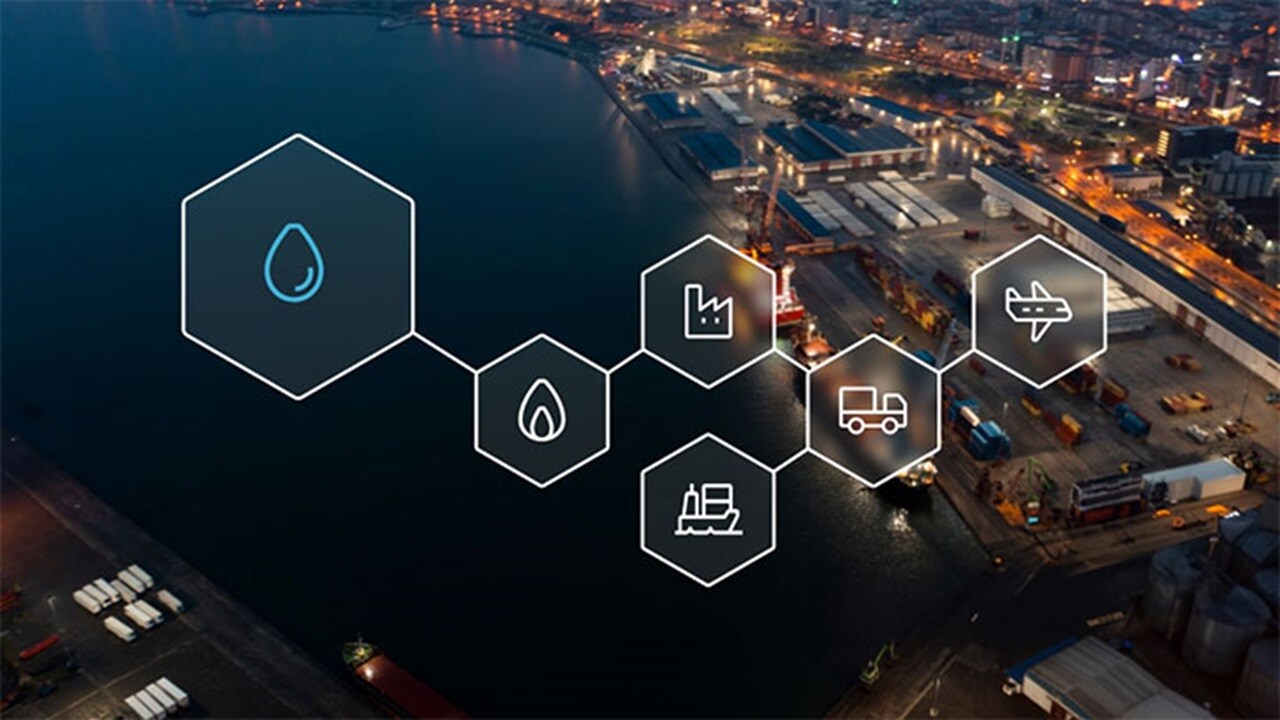
How to tackle supply chain GHG emissions in the chemical industry
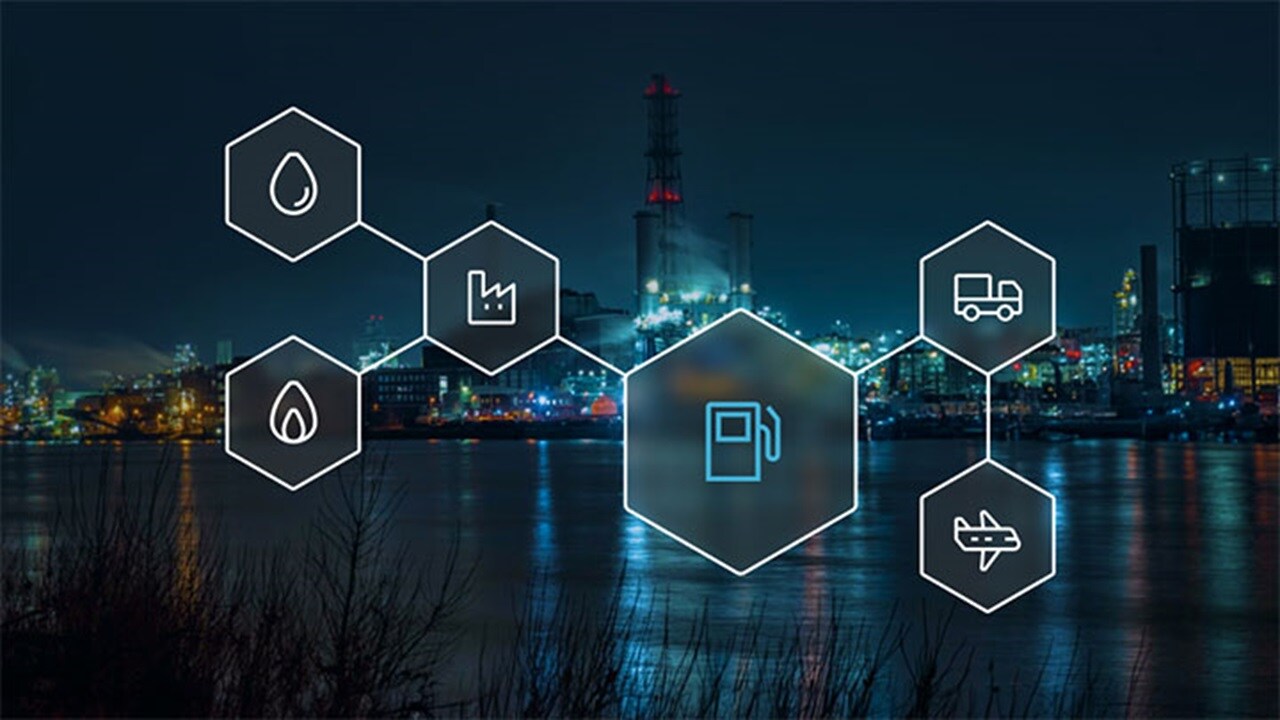
CBAM: Пришло время платить за углерод
Знаете ли вы о новом сборе, который вводится в ЕС для сокращения выбросов парниковых газов?
Механизм регулировки границ углеродного следа (CBAM), входящий в пакет «Fit for 55», (пакет по сокращению чистых выбросов парниковых газов как минимум на 55% к 2030 г.) будет оказывать финансовое влияние на целый ряд продуктов в некоторых отраслях с наиболее интенсивными выбросами углекислого газа. Он требуют от компаний быть в курсе своих данных и отчетности по выбросам углекислого газа. Уильям Петти (William Petty), менеджер по развитию продукции, международный отдел торговых и таможенных консалтинговых услуг Maersk, объясняет значение CBAM и его влияние на целый ряд отраслей. Посмотрите видеоролик, чтобы узнать, попадает ли ваше предприятие в сферу действия CBAM, и какие шаги необходимо предпринять для обеспечения соответствия нормативным требованиям.
Наша команда всегда готова помочь вам и содействовать вам оставаться лидером в ходе дальнейших разработок.
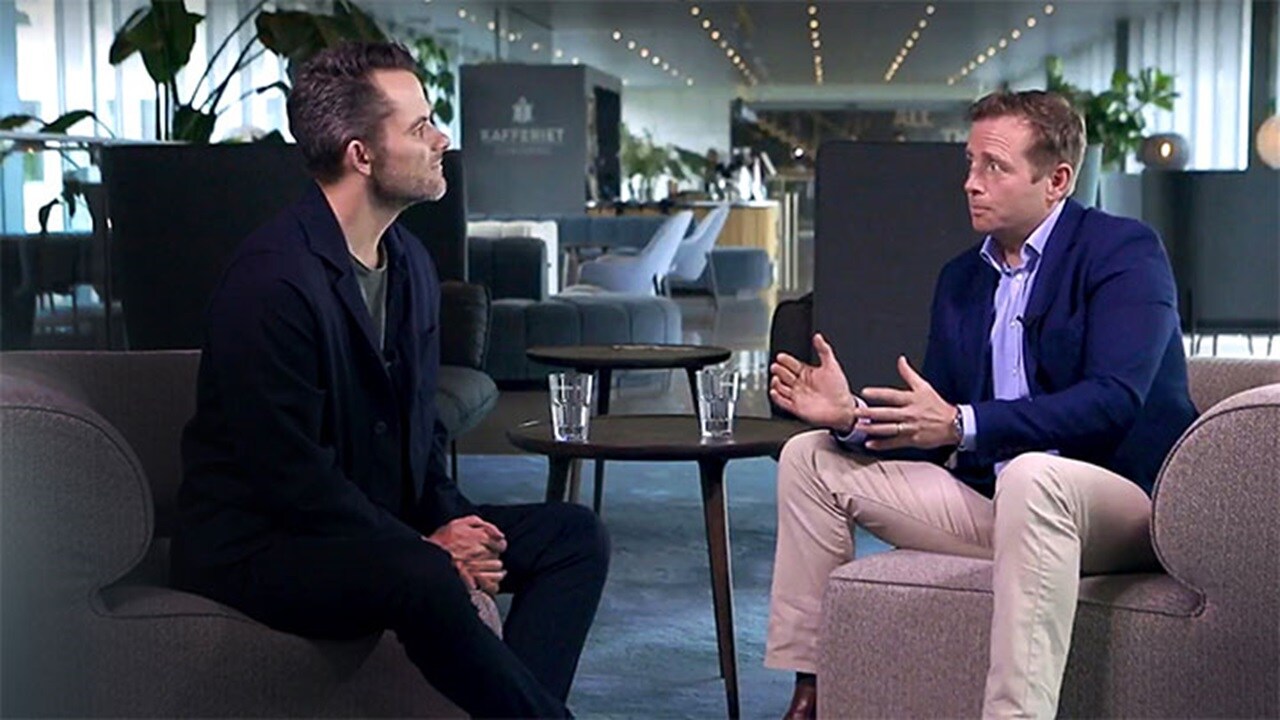
CBAM: Пришло время платить за углерод
Знаете ли вы о новом сборе, который вводится в ЕС для сокращения выбросов парниковых газов?
Механизм регулировки границ углеродного следа (CBAM), входящий в пакет «Fit for 55», (пакет по сокращению чистых выбросов парниковых газов как минимум на 55% к 2030 г.) будет оказывать финансовое влияние на целый ряд продуктов в некоторых отраслях с наиболее интенсивными выбросами углекислого газа. Он требуют от компаний быть в курсе своих данных и отчетности по выбросам углекислого газа. Уильям Петти (William Petty), менеджер по развитию продукции, международный отдел торговых и таможенных консалтинговых услуг Maersk, объясняет значение CBAM и его влияние на целый ряд отраслей. Посмотрите видеоролик, чтобы узнать, попадает ли ваше предприятие в сферу действия CBAM, и какие шаги необходимо предпринять для обеспечения соответствия нормативным требованиям.
Наша команда всегда готова помочь вам и содействовать вам оставаться лидером в ходе дальнейших разработок.

CBAM: Пришло время платить за углерод
Знаете ли вы о новом сборе, который вводится в ЕС для сокращения выбросов парниковых газов?
Механизм регулировки границ углеродного следа (CBAM), входящий в пакет «Fit for 55», (пакет по сокращению чистых выбросов парниковых газов как минимум на 55% к 2030 г.) будет оказывать финансовое влияние на целый ряд продуктов в некоторых отраслях с наиболее интенсивными выбросами углекислого газа. Он требуют от компаний быть в курсе своих данных и отчетности по выбросам углекислого газа. Уильям Петти (William Petty), менеджер по развитию продукции, международный отдел торговых и таможенных консалтинговых услуг Maersk, объясняет значение CBAM и его влияние на целый ряд отраслей. Посмотрите видеоролик, чтобы узнать, попадает ли ваше предприятие в сферу действия CBAM, и какие шаги необходимо предпринять для обеспечения соответствия нормативным требованиям.
Наша команда всегда готова помочь вам и содействовать вам оставаться лидером в ходе дальнейших разработок.

Maersk champions a new technology era for predictive logistics in the Chemical industry

Navigating regulation and compliance in the chemical industry

Каким образом компания Aramco способствовала развитию бизнеса с помощью решения 4PL от Maersk?
Саудовская компания Aramco, ведущая мировая нефтехимическая компания, располагает цепочками поставок по всему миру. Компании Aramco требовалось упростить контроль над логистическими процессами по всей цепочке поставок, чтобы обеспечить полный контроль и прозрачность. Партнерство с Maersk и внедрение нашего решения 4PL помогли им оптимизировать управление запасами на разных объектах, получить критически важную информацию для более быстрого принятия решений, ускорить доставку на ключевые рынки и внести коррективы за счет непрерывного мониторинга производительности.
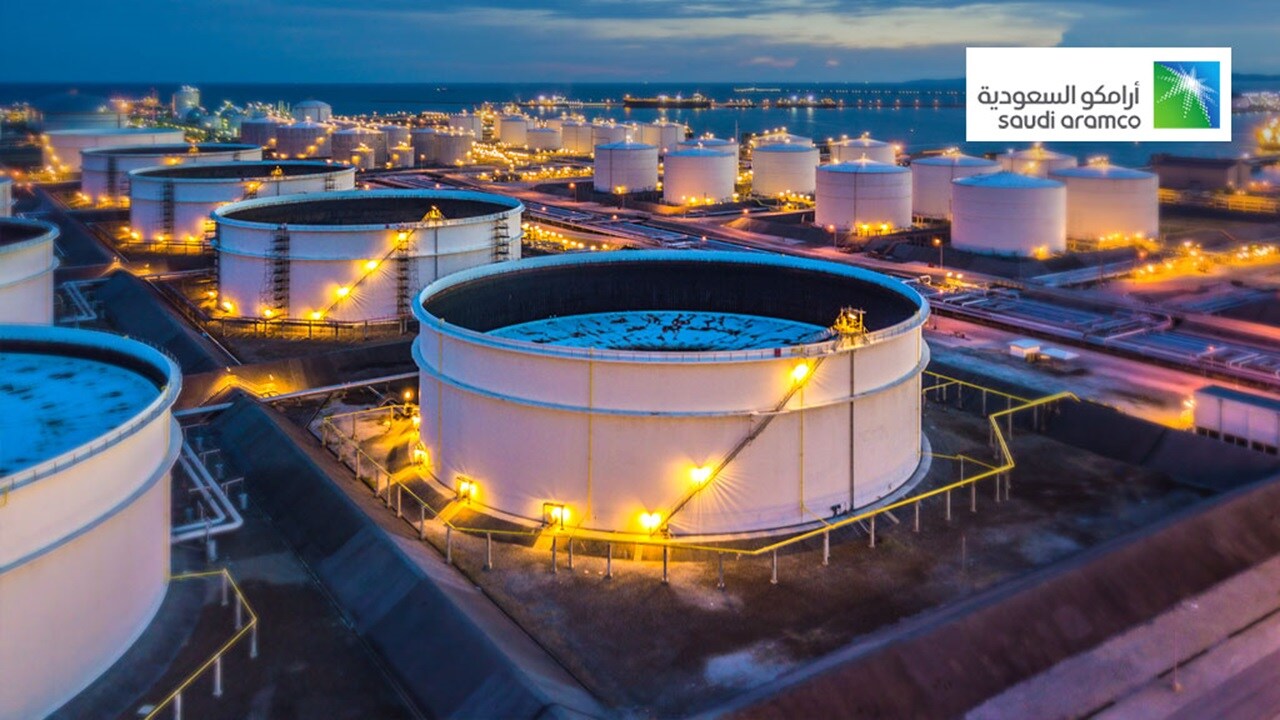
Подготовка вашего химического бизнеса к будущему
Пандемия оказала долгосрочное влияние на цепочки поставок нефтехимической продукции. Чтобы продвинуться вперед и преодолеть нестабильность 2020 года, важно проанализировать, чему нас как отрасль научил этот год и что нам нужно сделать в 2021 году и далее.
На вебинаре «Будущее нефтехимической промышленности» наши эксперты Хеннинг Малмгрен (Henning Malmgren), директор по химической логистике на Ближнем Востоке, Хенрик Вретенсйоэ (Henrik Wretensjoe), директор по продукции, руководитель по морским контрактам, Chemicals, и Джеффри Ивински (Jeffrey Ivinski), глобальный менеджер по продукции, Tradelens, обсудят информацию об опыте пандемии, проблемах и тенденциях в 2021 году, а также расскажут о нашем предложении по электронным товарно-транспортным накладным, которые помогут вам в оцифровке бизнеса.
Посмотрите видео, чтобы узнать больше.
Влияние пандемии на цепочку поставок химической продукции
Covid-19 повлиял на химическую промышленность немыслимыми способами. Из-за перекрытия границ и ограничений, принятых в разных частях мира, нашим заказчикам пришлось искать новые способы снижения рисков, связанных с цепочками поставок. Благодаря более тесному сотрудничеству, инновационным решениям для управления запасами и глобальной организации они смогли преодолеть эти проблемы.
Мы составили информационный документ, в котором наши клиенты из химической промышленности обсуждают влияние пандемии на их логистику и то, как они справились с изменениями. Узнайте больше о том, как Хеннинг Малмгрен (Henning Malmgren), директор по химикатам компании Maersk в регионе Ближнего Востока, представляет некоторые из основных достижений в новейшем журнале VLOG.
Уроки пандемии, которые повлияли на стратегию в 2021 году
Пандемия Covid-19 неожиданным образом нарушила цепочку поставок химической продукции, подчеркнув новые проблемы для наших заказчиков. В основе каждого предлагаемого нами решения лежат потребности клиентов. Именно поэтому мы быстро сделали первый шаг к их пониманию, побеседовав с ними и узнав, как именно они пострадали от этой безжалостной пандемии.
В этом информационном документе собраны основные темы этих интервью с дополнительной точки зрения наших региональных коллег, команды по химическим веществам и маркетинговых исследований. В нем раскрываются основные направления работы цепочек поставок химической продукции в 2021 г., включая необходимость ускорения перехода к цифровым технологиям, а также понимание того, как компания Maersk смогла адаптироваться и поддерживать работу предприятий клиентов, несмотря на закрытие странами границ. Мы рассчитываем, что этот информационный документ станет катализатором дискуссий в химической промышленности, которые стимулируют развитие передовых методов управления цепочками поставок и логистическими услугами.

Дополнительные предложения
Раскройте полный потенциал вашей цепочки поставок, позволив нам упростить и оптимизировать процесс транспортировки ваших грузов.
